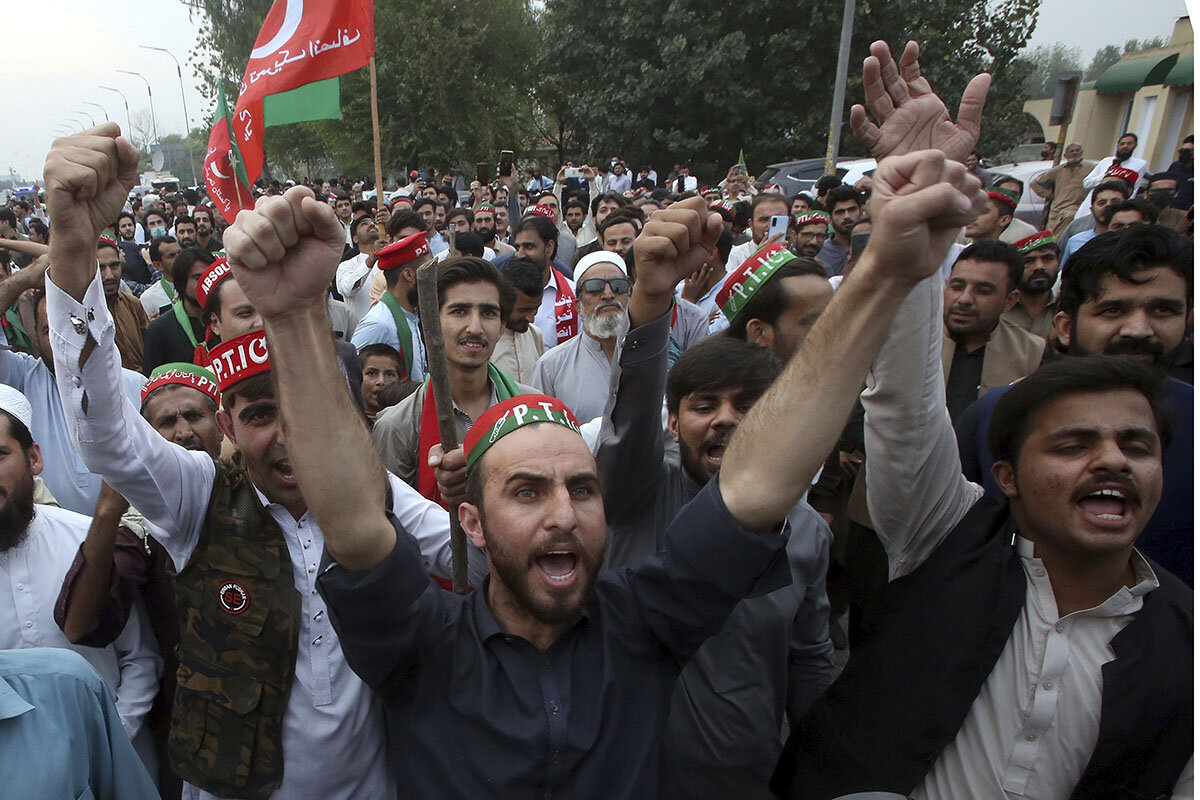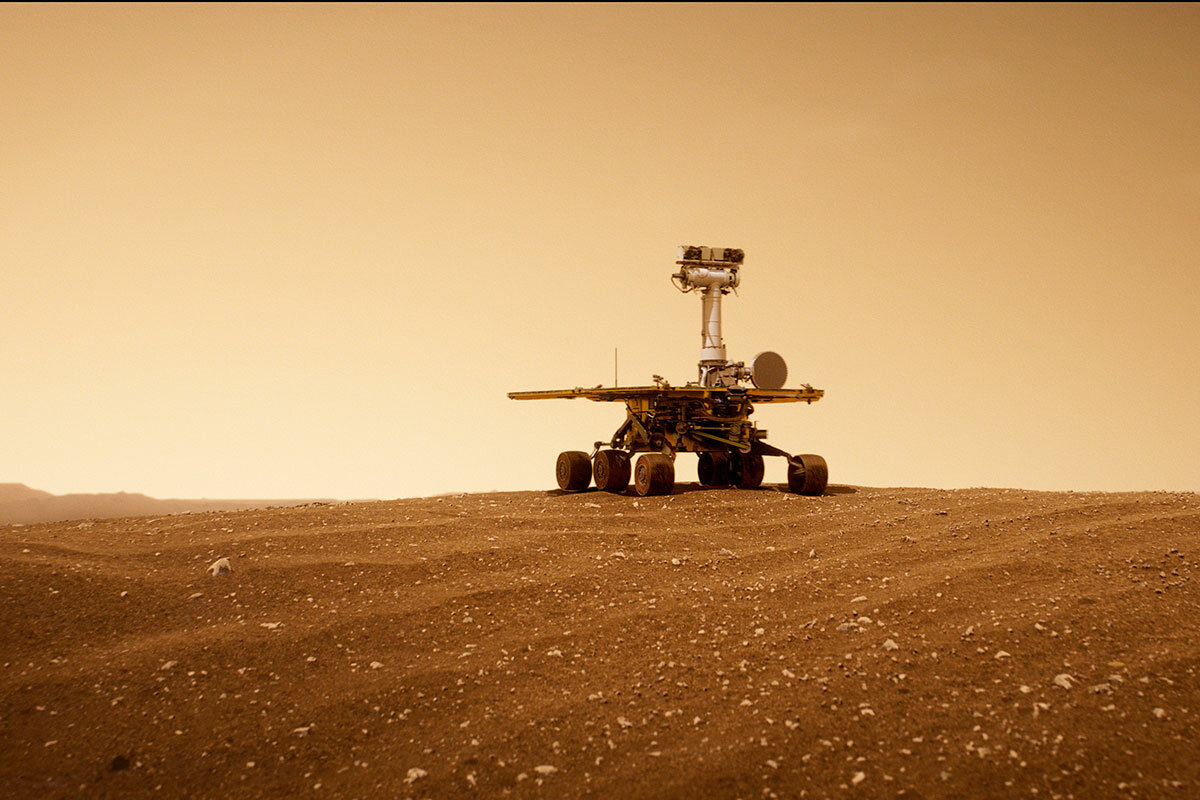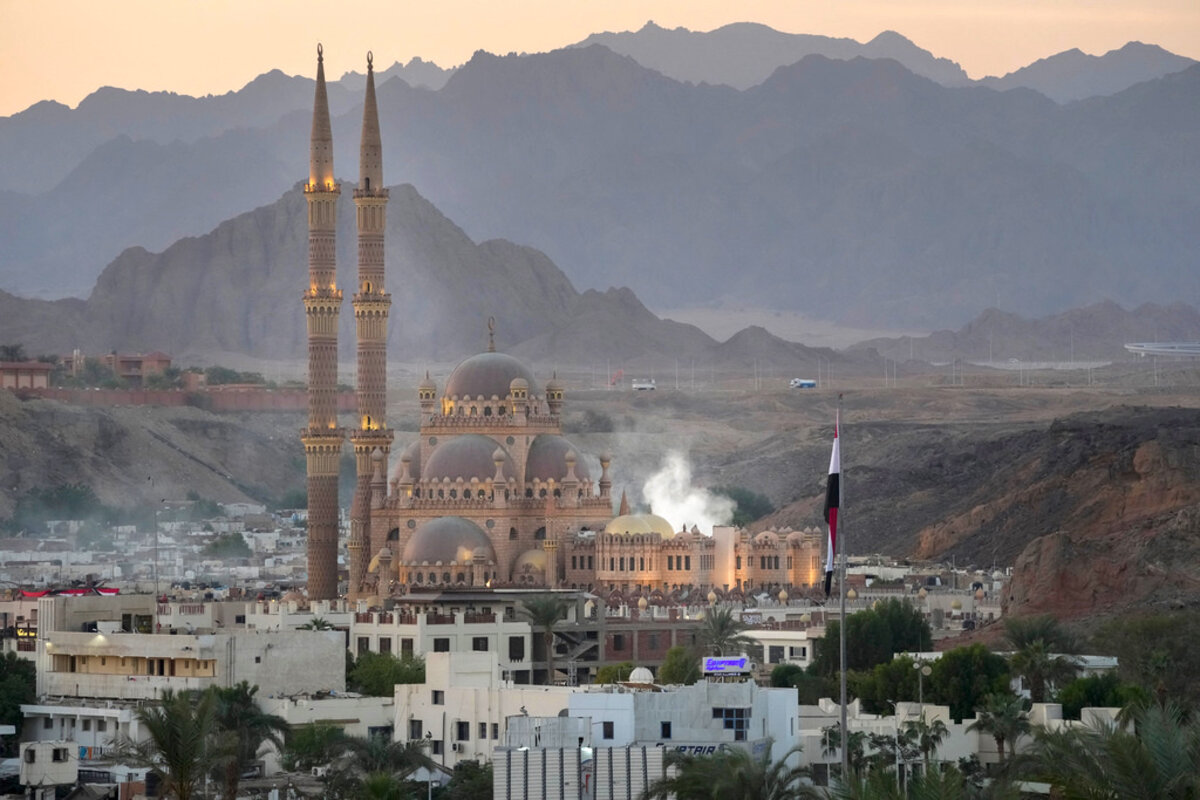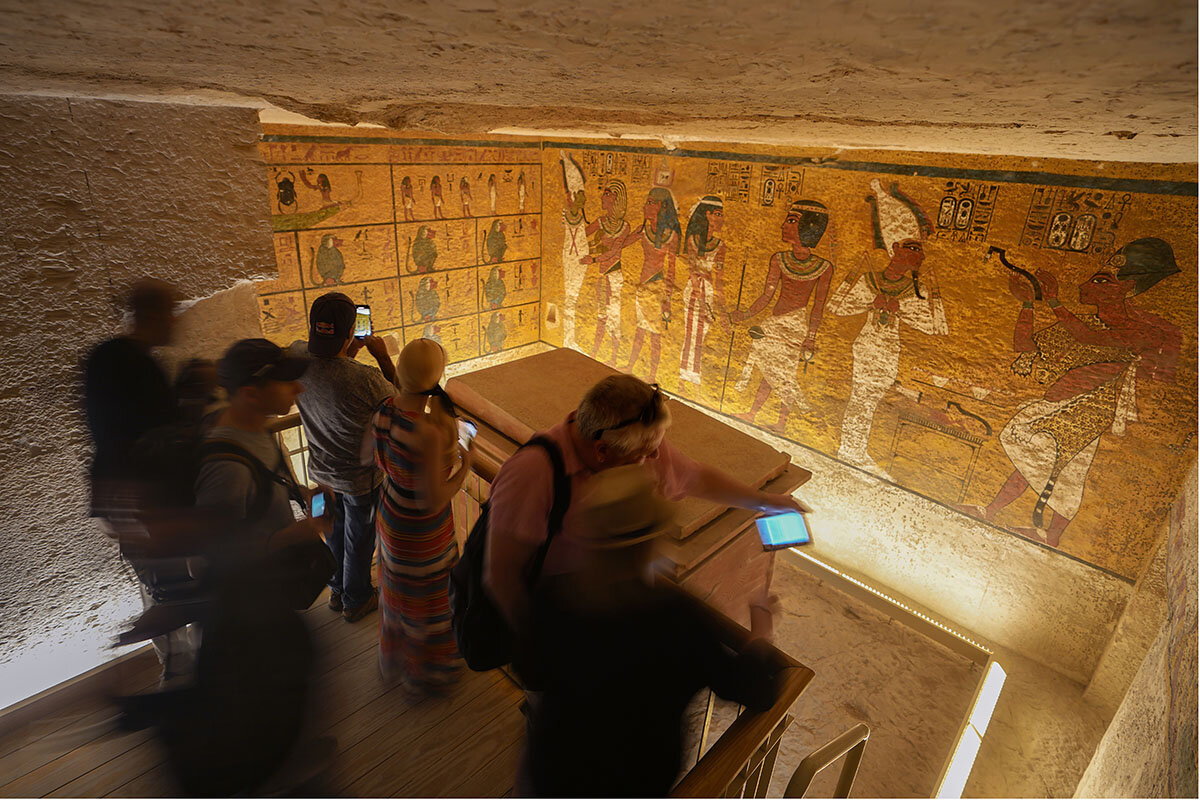In recent election cycles, party loyalty – and deep suspicion of “the other side” – has meant fewer voters willing to split their vote. But this time around, they could decide control of the Senate.
Monitor Daily Podcast
- Follow us:
- Apple Podcasts
- Spotify
- RSS Feed
- Download
 Linda Feldmann
Linda Feldmann
Many signs are now pointing to a third presidential run by Donald Trump. At a Monitor Breakfast yesterday, former senior Trump adviser Kellyanne Conway told us she expected him to announce “soon” after Tuesday’s midterm elections. Other outlets echoed that news today, with one saying the former president’s “inner circle” is looking at Nov. 14, and another saying he could announce “possibly as soon as” that date.
Former President Trump has long been hinting at a 2024 run, and he did so again yesterday at a rally in Sioux City, Iowa. “I will very, very, very probably do it again,” he said.
Declaring this soon would be extraordinarily early; candidates typically announce in the year preceding the election. But Mr. Trump could have several reasons for moving quickly. He reportedly believes that being a declared candidate could insulate him from various criminal investigations, including ongoing probes of efforts to overturn Joe Biden’s victory in 2020.
And announcing his candidacy could help shore up his base of support, as polls show many Republican voters – including some Trump supporters – increasingly say they’d like someone else as their 2024 nominee.
Mr. Trump’s entrance would have immediate ripple effects. There are at least a dozen other credible GOP candidates, many a generation younger than Mr. Trump, who would feel pressure either to jump in or bow out.
It would also likely supercharge the Democratic side – in ways that could actually help President Biden. He has long made clear that he ran in 2020 to counter Mr. Trump, whom he and much of the Democratic base view as a threat to democracy.
Of course, it’s entirely possible that Mr. Trump is just toying with the media – something he’s done in the past – and he isn’t actually planning an announcement at this time. Still, the political world has to take the hints seriously.
At our breakfast, Ms. Conway discussed why Mr. Trump might want another term. “He's got a great post-presidency life,” she said. But he’s had only one term and “was just getting started. He loves this stuff and wants to continue.”











